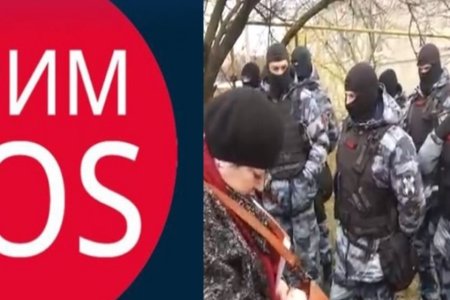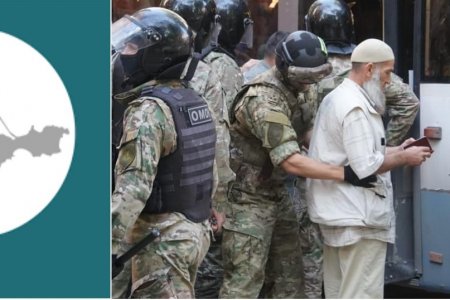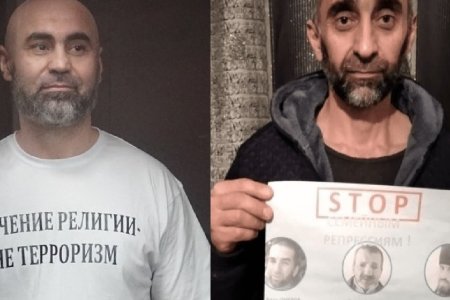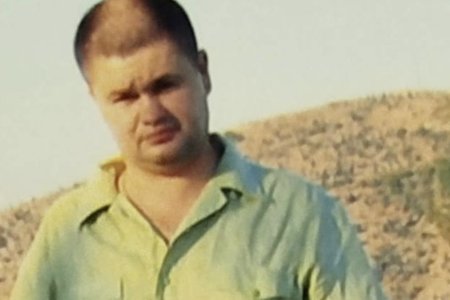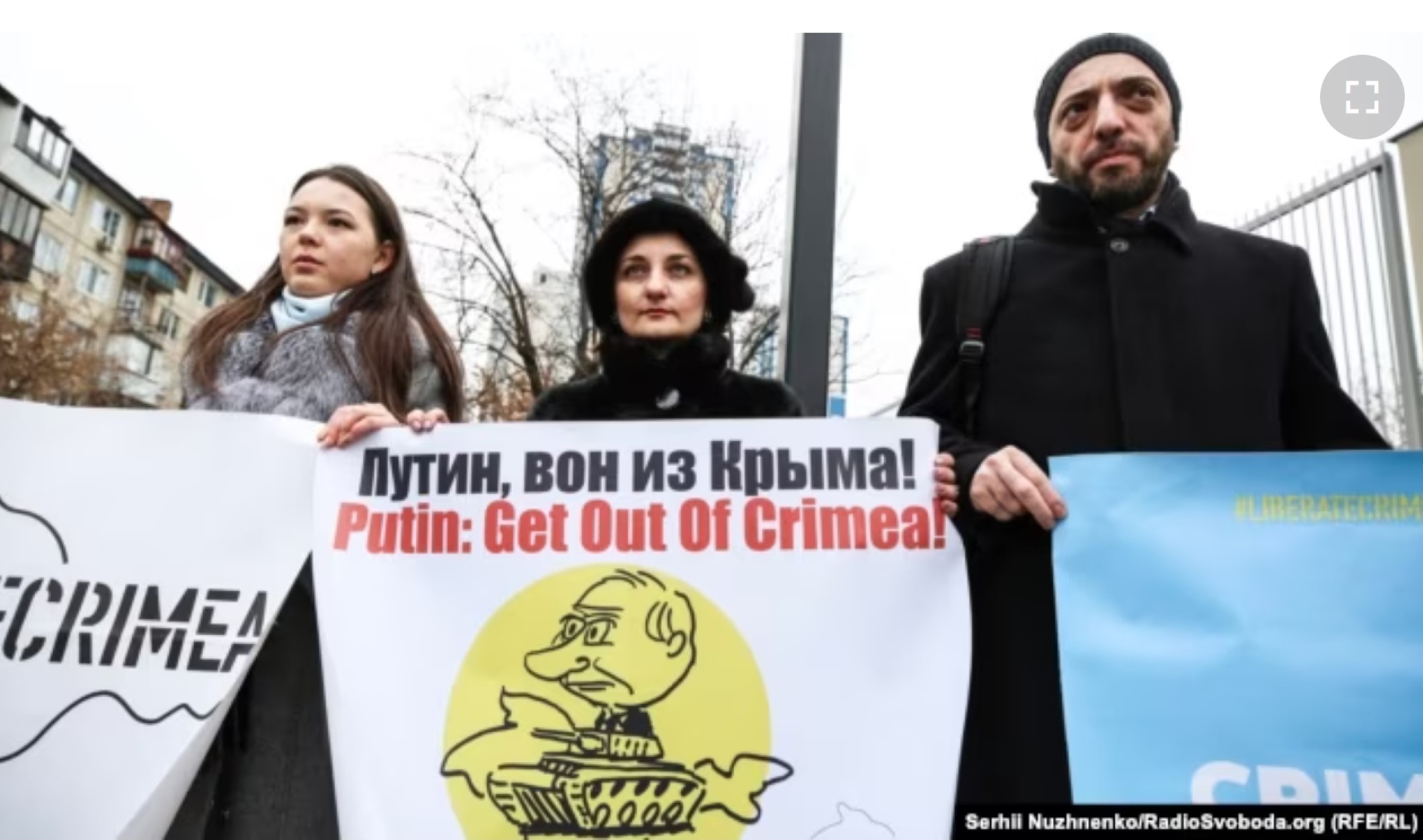
Russia has banned the Crimean Tatar Resource Centre, an important human rights organization which monitors and informs about Russia’s repression in occupied Crimea and openly calls for the peninsula’s de-occupation. CTRC is registered in mainland Ukraine so the 5 February decision by Russia’s justice ministry to declare the organization ‘undesirable’ will not have significant practical ramifications. The timing is, however, of importance, as noted by CTRC founder Eskender Bariev, and for disturbing reasons.
Russia’s justice ministry has added CTRC to its ever-increasing register of “undesirable organization in Russia”. The ban on any activities, including on the circulation of information, will, however, be applied on any Ukrainian territory currently under Russian occupation. The ban would also mean that repressive measures would be applied against any members of CTRC or Crimeans providing it with information.
Since Russia’s full-scale invasion of Ukraine, CTRC has also been waging a campaign against Russia’s war of aggression. One of the methods is probably helped by Crimean Tatars and other Ukrainians in occupied Crimea providing information and evidence of those demonstrating the ‘Z’ and ‘V’ that have become Moscow’s symbols of the war. CTRC posts information about those Crimeans who are seen, for example, driving cars with ‘Z’ daubed on them and issues warnings that their collaboration with the aggressor state will carry consequences.
Russia came up with the idea of banning NGOs as ‘undesirable’ back in 2015, with the Crimean Human Rights Field Mission one of the first to receive this title. The claim is that such ‘undesirable’ NGOs are “a threat to state security, its defence capacity or the foundations of the constitutional order”. In fact, such bans are, increasingly, on organizations which defend democratic values and human rights and expose Russia’s violation of these. The Crimean Human Rights Group was banned as ‘undesirable’ back in early May 2022, becoming No. 55 on the list, while Crimea SOS joined the list as No. 80 in March 2023. The register also includes Human Rights House Crimea (No. 99).
According to Eskender Bariev, he learned of CTRC’s place as No. 136 from the Russian media. No explanation has been provided, although the reasons are doubtless as immensely cynical as those given for the ban on Crimea SOS. The latter was claimed to “pose a threat to the Russian Federation’s constitutional order”, with the organization’s campaigning for the de-occupation of Crimea described as “aimed at violating the territorial integrity of the Russian Federation” [sic!].
Bariev points out that his organization has been active since 2015, and suspects that the reason that it has only been banned now is because of the case which Ukraine brought against Russia at the UN’s International Court of Justice, alleging violation of two UN Conventions, including the Convention on the Elimination of All Forms of Racial Discrimination. While the Court did find that Russia had violated some international commitments and the express order from the Court to withdraw its ban on the Mejlis, or Representative Assembly, of the Crimean Tatar people, the Court (albeit with a number of differing views) rather controversially decided that Russia’s undoubtedly disproportionate repression against Crimean Tatars could be politically motivated, and not fall under the Convention against Racial Discrimination (more details here). Bariev may well be right that it was that judgement by the Court on 31 January 2024 that freed Russia’s hands. As soon as they received it, he says, they began tightening the screws and targeted an organization whose activities and mission are aimed at defending the rights of the Crimean Tatar people and other indigenous people’s of Ukraine. Russia’s ban is, however, an assessment of the organization’s work and, for all the risks that it carries, is a sign that they are doing what they set out to achieve. Bariev says that “it is very nice to be in the same list as authoritative international organizations. In this way, Russia has recognized that we are actively and systematically working to reinstate Ukraine’s sovereignty”.
